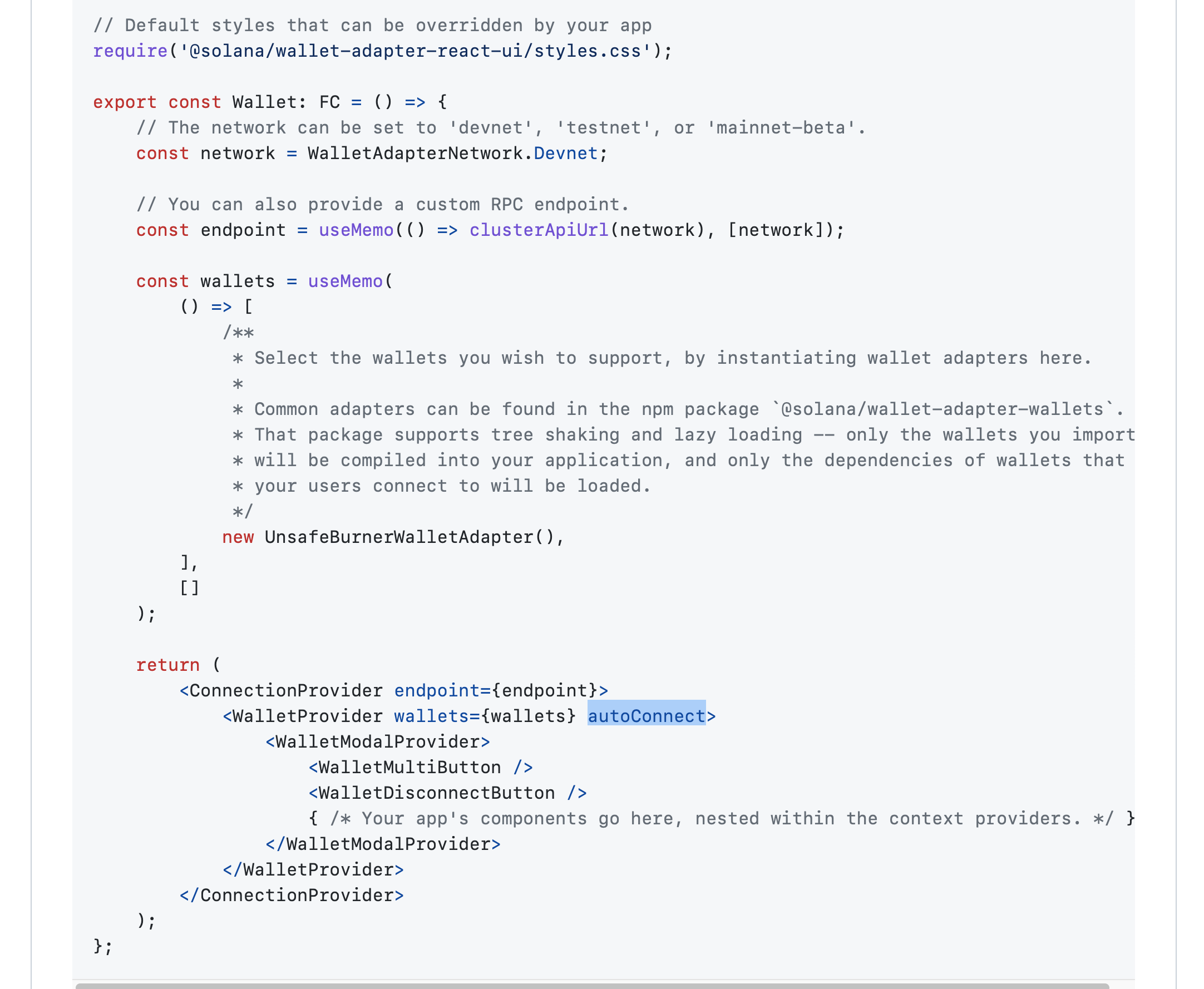I'm quite new to blockchain and was wondering if someone can help me regarding the session persistence on Web3 applications. I come from a Web2 background with experience in developing websites in Laravel / PHP and all of these things are quite new to me.
As far as I can tell, when creating Web3 applications which would have a wallet login I'm supposed to use external sources e.g. PhantomJS for their wallet or any of the available packages with Wallet Adapters. The thing is, as soon as I refresh the website, the connection to that adapter is lost. Is this a must? Is there no session persistence between pages? Does this mean that every single Web3 app should be SPA ? Is there a way to use both frontend login via wallet as well as some sort of session persistence in the backend in order to serve user-specific data?
Any help would be appreciated, thanks in advance!
